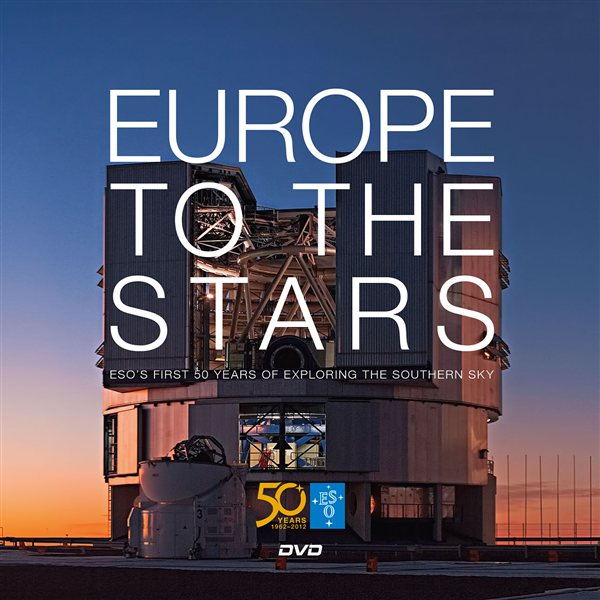 In 1962, astronomers from five European countries decided to build a telescope in the Southern Hemisphere, where there were not yet any large observatories but there was an abundance of interesting sky objects, like the Magellanic Clouds and the Milky Way's galactic center, high in the sky. This group of astronomers called its project idea the European Southern Observatory (ESO).
In 1962, astronomers from five European countries decided to build a telescope in the Southern Hemisphere, where there were not yet any large observatories but there was an abundance of interesting sky objects, like the Magellanic Clouds and the Milky Way's galactic center, high in the sky. This group of astronomers called its project idea the European Southern Observatory (ESO).
While these scientists surely hoped their venture would be successful and long-lived, they couldn’t have imagined that 50 years later ESO would operate seven world-class observatories that enable Nobel-winning science. And they definitely did not know that ESO would have plenty of cause to put out a documentary (in digital, DVD, and Blu-ray formats) telling the story of what's been going on between 1962 and 2012. As the press release says, Europe to the Stars tells "the story of discovering a Universe of deep mysteries and hidden secrets. The story of designing, building and operating the most powerful ground-based telescopes on the planet."
The movie is divided into eight chapters, beginning with ESO's conception and ending with its current mature adulthood. The host, Dr. J (or Dr. Joe Liske, depending on which part of the credits you're viewing), takes us on a journey demonstrating "how astronomy has evolved along with our understanding of the universe,” from galileoscopes to 66-antenna radio interferometers.
In addition to Dr. J's personable presence, the video offers occasional amusing sound effects, high-resolution simulations, 3-D artists' impressions, stunning images from the telescopes, and time-lapse photography of things both on the ground and in the sky.
Dr. J takes us to the high altitudes of Chile, where the air is dry, the sky is dark, and telescopes work best. We visit ESO sites like that of the Very Large Telescope (VLT), which is actually a set of eight optical telescopes that work together to simulate one larger telescope. With an instrument that big, astronomers have been able to make an image of an extrasolar planet and watch stars orbit the black hole at the galactic center. During each field trip, Dr. J covers not only the technical specs and the science that the instruments enable, but also why the discoveries benefit the field of astronomy and, then, why they're interesting to us as human beings.
Europe to the Stars actually brings all of its sky-talk back down to Earth. What are the challenges and benefits of an international collaboration? How do large, intergovernmental projects benefit industry? Why is public outreach important, and how can the public get involved? The documentary explores sociological and philosophical questions in addition to astronomical and technological ones, all as Dr. J stands in front of huge telescopes, intricate electronics, and vast deserts, while stepping aside for the slick graphics.
The DVD and Blu-ray also have bonus features for the visually stimulated: back-to-back time-lapse photography of deserts, telescopes, and skies; biographies of the artists behind the work; and a slideshow of images from ESO telescopes.
You can download Europe to the Stars for free or buy the Blu-Ray for $7.67 or DVD (with the option of cardboard for $1.27 or opulent plastic case for $5.11) at www.eso.org/public/outreach/50years/europetothestars/movie.html. Strange pricings brought to you by today’s Euro-to-dollar conversion.
Happy birthday, ESO! Here's to another 50. I'll look for your 100th-anniversary video in 2062, in some format I cannot yet anticipate.